Women's Voices from the Art Works Podcast
The women who have been featured on the National Endowment for the Arts Art Works Podcast share a number of attributes—creativity, resilience, and drive all come to mind—but there is also so much that makes them different, including how they use their various talents and platforms.
When speaking about the voice as an instrument, opera singer and advocate at the intersection of music and wellbeing, Renée Fleming told the Arts Endowment, “Some voices are piercing. Some voices are incredibly warm. Some are huge. Some are refined and small. And they all reflect the human being that embodies that voice.” Listen to any (or all!) of the podcasts below, and we hope you will feel empowered to use your unique voice and tap into all that makes you phenomenal.
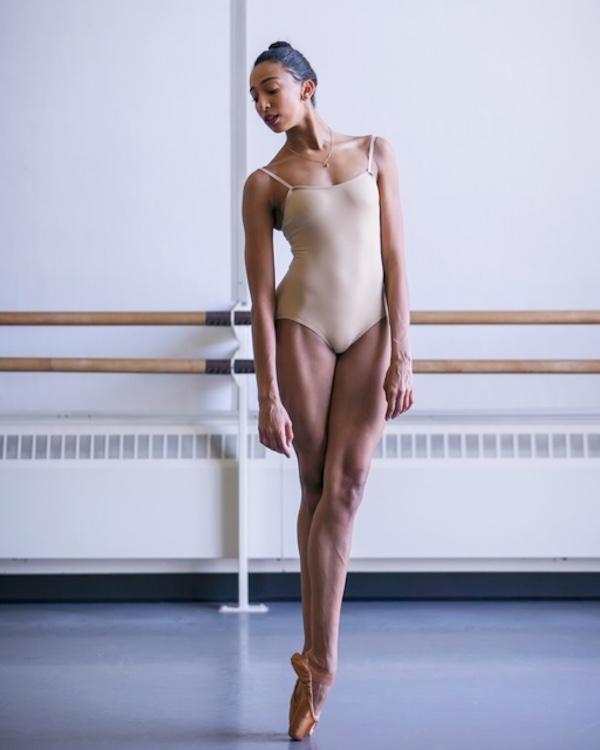
Pacific Northwest Ballet corps de ballet dancer Amanda Morgan. Photo © Lindsay Thomas
Amanda Morgan (Ballet Dancer, Choreographer, Activist) — On the podcast, Morgan spoke with the Arts Endowment about her career, including her experience with the Pacific Northwest Ballet; the mentorship program she co-founded; The Seattle Project, her interdisciplinary artist collective; and her commitment to activism against systemic racism. Speaking about how choreographing has given her more creative freedom, she said, “I think that Black women especially we tend to get pulled into being strong and fierce and all that, and then we can’t break out of that. That’s part of the reason why choreographing feels really nice too, because I can work around anything I want. I can have it be more harsh or more soft or whatever it is.”
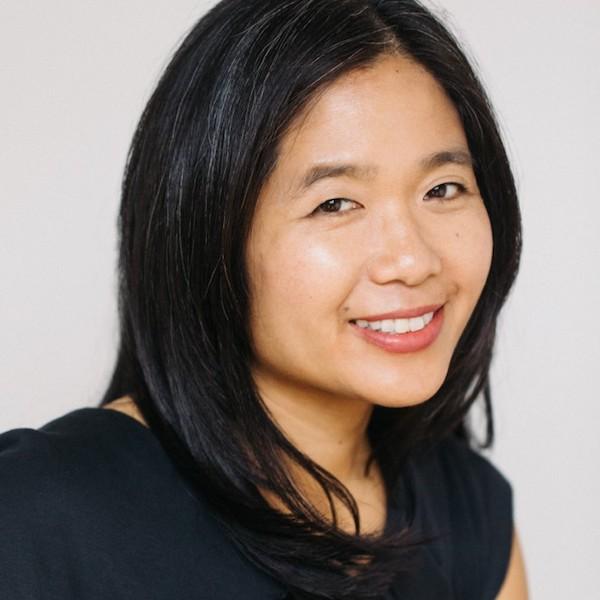
Photo by Andria Lo
Vanessa Hua (Author and 2020 NEA Literature Fellow) — Hua spoke to the podcast about her book of short stories, Deceit and Other Possibilities — the theme of which she says is “model minorities behaving badly” — and her novel, A River of Stars — or, “a pregnant Chinese Thelma and Louise.” Hua shared how her background as a journalist and her experience as a second-generation Chinese American play into her fiction writing. “I think sometimes communities are viewed as monoliths with the same history, the same language or culture coming in, and although there are shared aspects, I think my novel reflects those differences,” she said.

Photo by Andrew Eccles
Renée Fleming (Opera Singer and 2012 National Medal of Arts Recipient) — Fleming is a four-time Grammy winning lyric soprano with a worldwide fanbase. Last year, she spoke on the podcast about her work to promote research about the connection between music and health, which includes the Sound Health Network, an Arts Endowment initiative that came about through Fleming's partnerships with the Kennedy Center and the National Institute of Health.
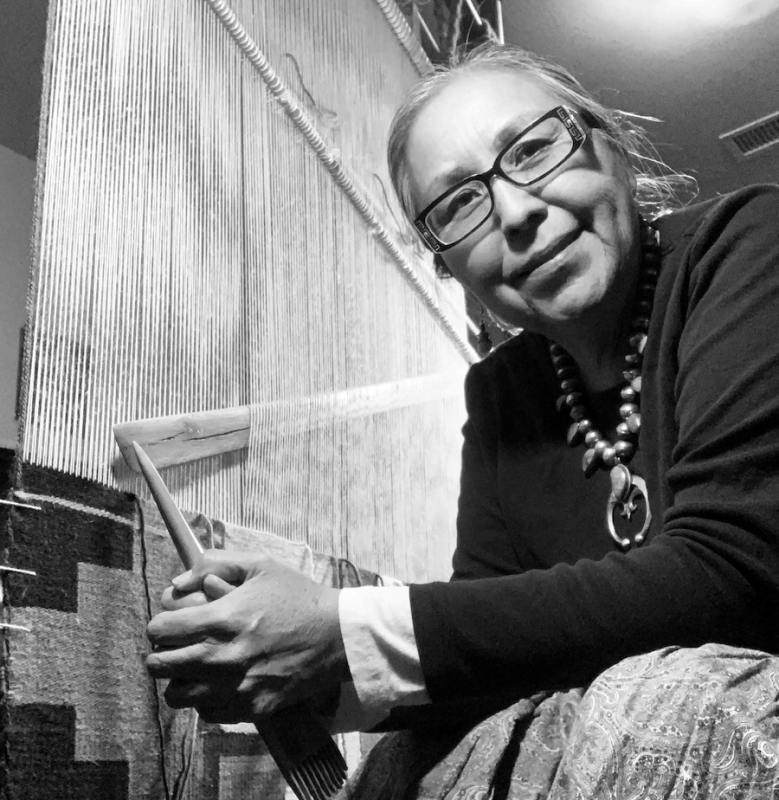
TahNibaa Naataanii (Navajo/Diné Textile Artist and Weaver and 2022 NEA National Heritage Fellow) — For Naataanii Navajo/Diné weaving, is more than an art—it's a way of life. Naataanii raises sheep, shears them, dyes, cards, spins, and, finally, weaves their wool, while also being a mindful steward of the land on which she lives and works. In this episode of the podcast Naataanii shares the creation story of Diné weaving, and its deep spiritual connections to her everyday practices. As she shared, “There's a medicine with it that helps me to be strong, to not be bored, to be able to get into a zone, a creative space so weaving is kind of like my prayer.”
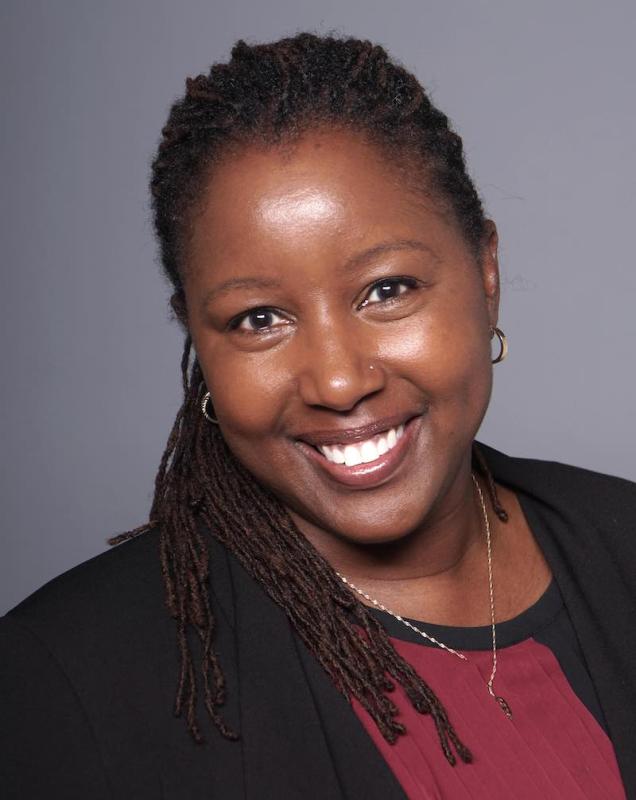
Photo courtesy of Oregon Shakespeare Festival
Nataki Garrett (Artistic Director, Oregon Shakespeare Festival) — When Garrett was named the artistic director of Oregon Shakespeare Festival (OSF) in Spring 2019, she became one of few women of color in the country to lead a major theater. Not only is she committed to developing new work for the stage, but she is also committed to making sure diversity, equity, and inclusion are more than much talked about ideas in the theater world. In this conversation, she speaks with us about keeping OSF vital, sustainable, and accessible to new and old audiences alike in the face of the pandemic. As she noted, "All kinds of people may not be able to walk through the doors of our theaters for a while and I want to make sure that they still have access to the stories and to the artists that continue to inspire us by telling stories about who we are and will continue to remind us how we're going to survive."
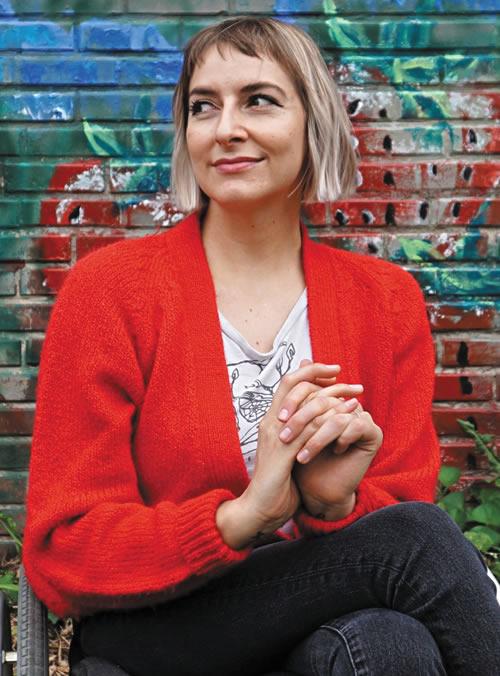
Photo courtesy of Rebekah Taussig
Rebekah Taussig (Author, Teacher and Advocate) — Taussig, who has a Ph.D in Disability Studies and Creative Nonfiction, recently published her first book, Sitting Pretty The View from My Ordinary Resilient Disabled Body. She grew up as a paralyzed girl in the 1990s and 2000s and searched in vain to find a story—any story—that reflected her own. So she wrote it into existence. Sitting Pretty is a memoir in essays in which—among other things—Taussig grapples with the myth of ableism, which she maintains revolves around the idea of an idealized typical body that isn’t typical at all but exists only for the very few and only for a short time. “I think that we often think of our bodies in really distinct categories, disabled and not disabled and that there’s a big chasm between those groups of people and in some ways there are things that are distinct about our individual experiences, but … we all live in bodies with limitations and points of access,” she said.




